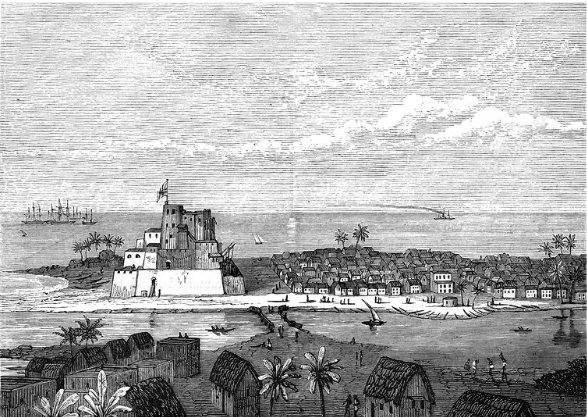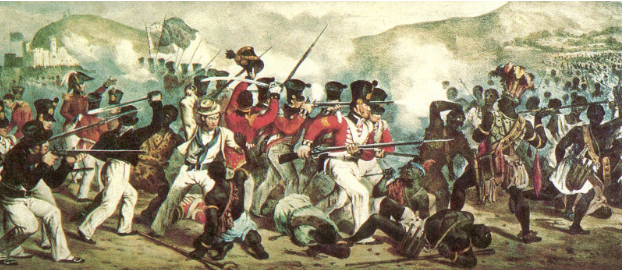
The Bond of 1844
Prologue
Introduction
The Friendship Treaty
The
Tripartite Treaty
The Bond of 1844
Extract of
the Bond of 1844
References

Prologue
Introduction
The Friendship Treaty
The
Tripartite Treaty
The Bond of 1844
Extract of
the Bond of 1844
References

Image of the Fanti Land in the 1800s

Anglo-Ashanti war in 1806.